The Nigerian Electricity Regulatory Commission (NERC) has instructed electricity distribution companies (DisCos) to reclassify customers in the Band A category if they fail to meet the required electricity supply thresholds.
Naija News reports that this directive was disclosed by Dafe Akpeneye, NERC’s Commissioner for Licensing and Legal, during an interview on Channels Television’s Morning Brief on Friday.
He explained that customers in Band A are entitled to a minimum of 20 hours of electricity daily, and any DisCo unable to meet this standard must downgrade the affected customers to a category aligned with their supply capacity.
“With regards to the migration order is not elective to the instance of the customer. The disco needs to make an application and ensure that they can supply power to customers in Band A.
“If Discos can’t supply such customers, the discos have to downgrade such customers to meet what they can provide,” Akpeneye clarified.
He further noted that DisCos are limited by the electricity available on the national grid: “The distribution can distribute what is only available on the grid. So when there is no supply to the grid, the discos can’t meet those supply commitments. But the grid has been resolved and we hope supply can improve, and when they can’t, the discos have to downgrade such customers.”
States Now Empowered to Regulate Electricity
Akpeneye also touched on the recent constitutional amendments granting Nigerian states the authority to generate, transmit, and distribute electricity independently.
He cited Oyo State as an example, highlighting their proactive steps to build capacity through international training and collaborations with regulatory bodies, including NERC.
“States can now establish electricity markets, and regulate them by the Nigerian constitution. States now have powers for electricity generation, transmission and distribution within the states without restrictions.
“We should bear in mind that Nigeria is a country of laws. The Nigerian law states that the states have powers to establish electricity markets and regulate them. The states also now have exclusive powers over distribution as seen in the concurrent list.
“With the states having such powers, it is of the states to exercise. Every Nigerian comes from a state. The states have the capacity, and as we speak, the team from Oyo State has issued us a notice, and they are currently spending a week in the commission, understudying what we do. Before coming to the commission, they have been to Ghana. They have also had an intensive 11-week training session with an international regulatory body. So the states are going to build capacity, learn and grow,” he said.
Customer Complaint Resolution
Addressing consumer grievances, Akpeneye emphasized the importance of NERC’s customer protection regulations, which were consolidated last year to ensure fairness.
He explained that customers must first file complaints with their respective DisCos. If unresolved within a specified timeframe, the matter can be escalated to NERC’s consumer forum for mediation.
“Before a customer can have their complaints addressed by NERC, they first have to lodge a complaint at the Discos. If the Disco doesn’t respond at a specific time, you can now approach a small mediatory group called the consumer forum of NERC for redress.
“The complaint process has gone on well. We have seen situations where complaints don’t get resolved by the discos and get escalated to NERC and they get resolved. We always ensure that customers get a fair resolution.
“Where a customer has been overbilled, they get fair redress. But when customers bypass meters, we also make sure the case gets addressed appropriately,” he said.

 6 hours ago
31
6 hours ago
31
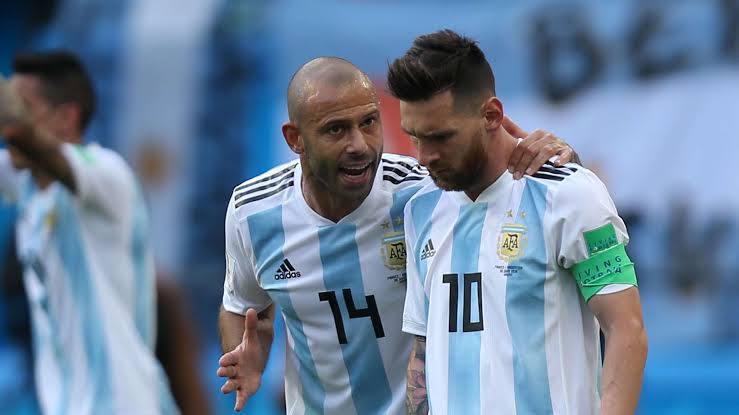



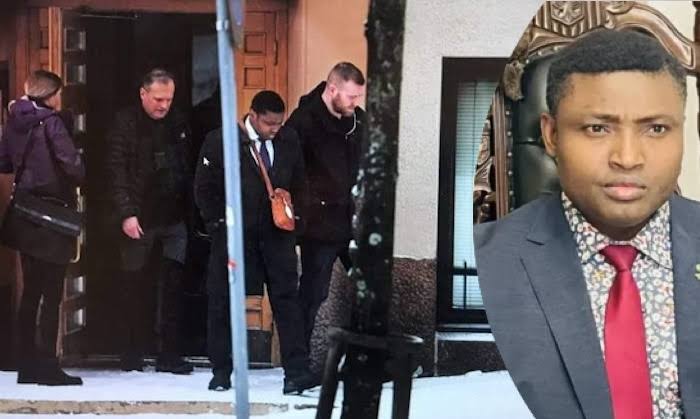
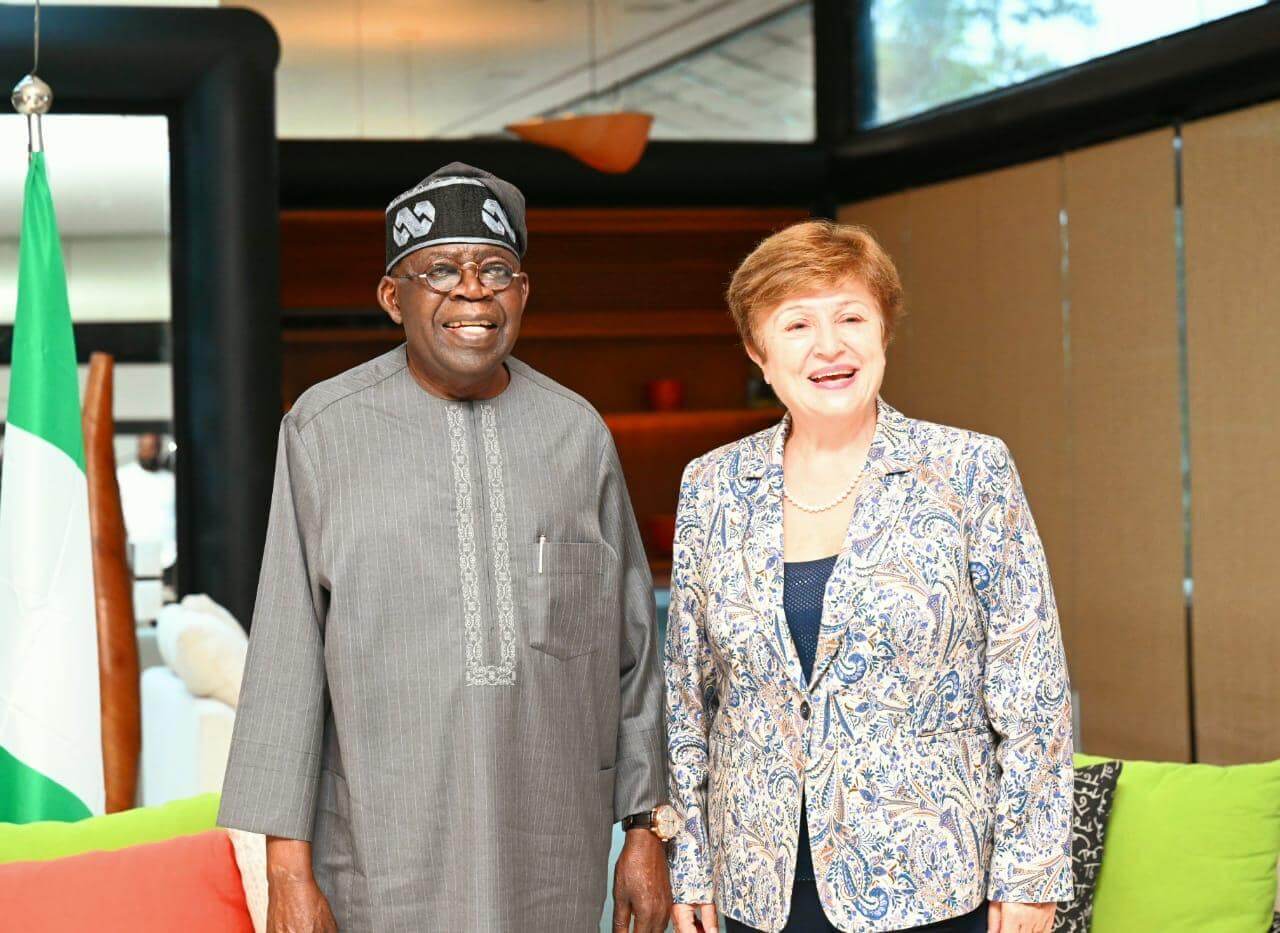



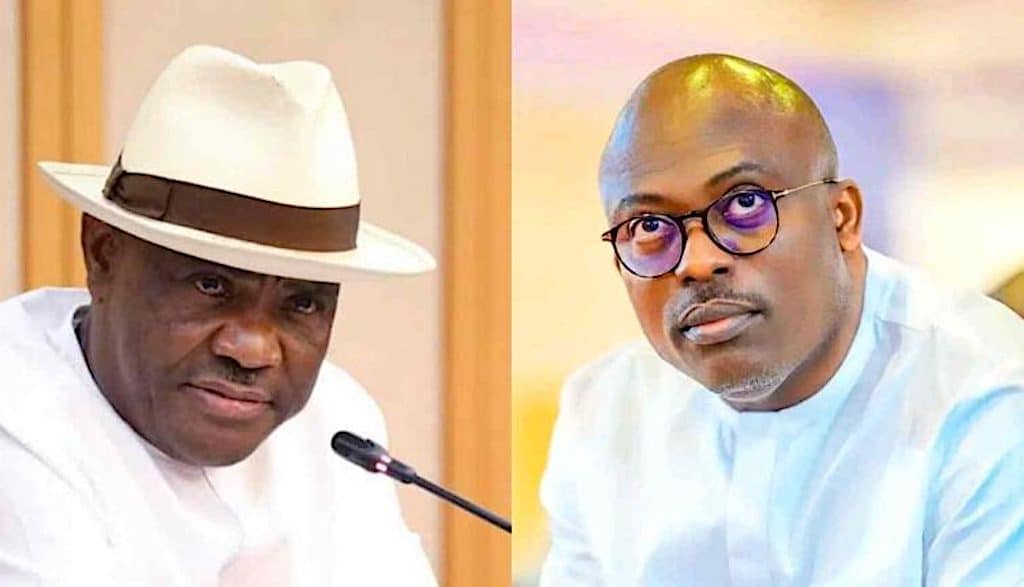



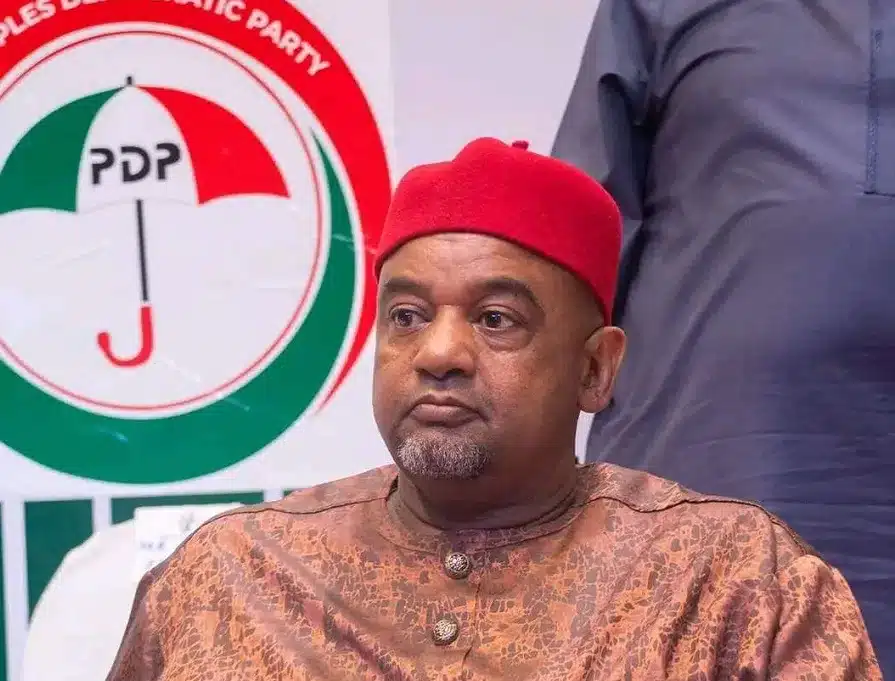

 English (US) ·
English (US) ·